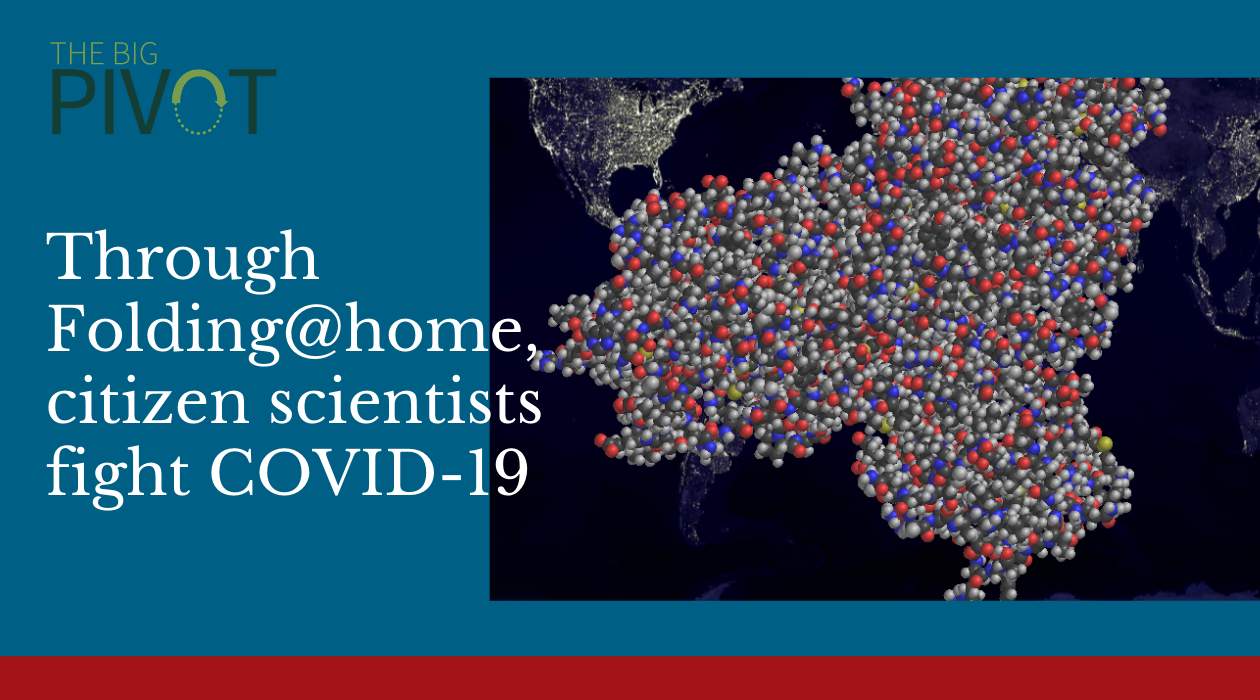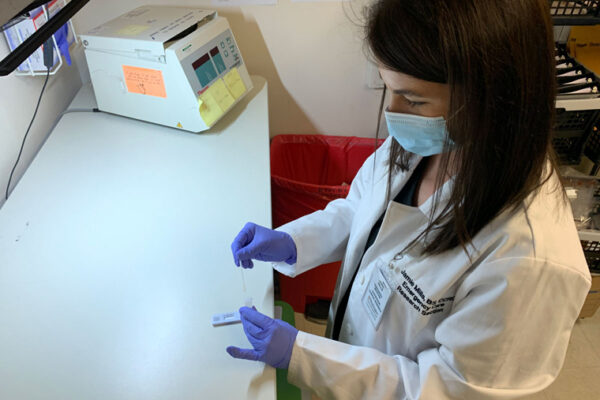When the crowdsourced supercomputing project Folding@home first announced a shift to coronavirus research and asked for new volunteers to run its software and expand its computing capacity, organizations and citizen scientists from all walks of life heeded the call. Now, about four months later, the number of volunteers has increased a hundredfold.
Based at Washington University School of Medicine in St. Louis, the computing project simulates the movements—or folding—of proteins involved in disease. WashU researchers leading the effort pivoted quickly to COVID-19 and found a wealth of people eager to help. Before the switch to the novel coronavirus, about 30,000 devices were running Folding@home software. With the prospect of contributing to coronavirus research, new volunteer “folders” have boosted that number to over 4 million to date, with major companies and organizations eager to donate their own computing resources to the cause.
Organizations and technology companies such as Microsoft, Avast, Amazon Web Services, Pure Storage, AMD (Advanced Micro Devices), VMware, Cisco and Oracle are all supporting the project. Microsoft’s AI (artificial intelligence) for Health initiative has donated computing space in Microsoft Azure, the company’s cloud computing system. Other contributors include CERN, the European Organization for Nuclear Research, which runs the Large Hadron Collider, the world’s most powerful particle accelerator.
Also heavily involved in the project is Washington University’s Office of Information Technology, which is helping manage the Folding@home servers. The office has deployed the software on many desktops across campus that have been sidelined while faculty, staff and students telecommute to help stop the spread of the virus.
Learn more about Folding@Home and COVID-19 in the original Source story.



